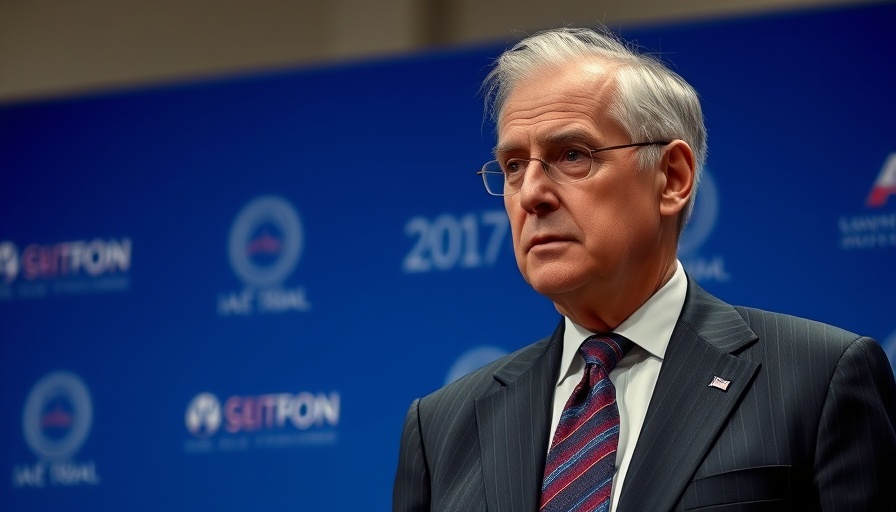
Trump's Push for Murdoch's Testimony: The Stakes are High
In a dramatic turn of legal events, President Donald Trump has requested that US courts expedite Rupert Murdoch's deposition in his lawsuit against the Wall Street Journal. This pivotal request is rooted in the media mogul's advanced age and recent health concerns, as Trump's legal team aims to capitalize on these factors to bolster their case. The lawsuit alleges that the Wall Street Journal published a damaging article suggesting Trump authored an inappropriate letter celebrating the birthday of convicted sex offender Jeffrey Epstein in 2003.
Understanding the Background of the Lawsuit
The core of Trump's lawsuit revolves around an article that has reignited discussions about his past association with Epstein, a relationship Trump has since attempted to distance himself from. The lawsuit, which demands $10 billion from the Journal, claims that the publication aimed to tarnish Trump's reputation through false reporting. According to Trump’s lawyers, the letter attributed to him and featured in the July 17 article has been declared a forgery by the president himself.
The Implications of Murdoch's Age and Health
In their legal filing, Trump's lawyers emphasized the urgency of the deposition due to Murdoch's age—he is 94—and reported health issues. They argue that Murdoch's declining health could affect his availability for testimony, making it critical to secure his statement promptly. The legal strategy reflects Trump's ongoing efforts to manage public perception and litigation around his name amidst mounting scrutiny.
The Relationship Dynamics: Trump and Epstein
Trump and Epstein's public friendship was a well-known aspect of both their lives until their paths allegedly diverged in 2004, prior to Epstein's eventual legal troubles. Following Epstein's arrest and subsequent death in 2019, Trump's relationship with the deceased sex offender has drawn renewed media focus, intensifying the stakes for the president.
Context Within Current World Events
This case unfolds at a time when public interest in high-profile individuals and their historical ties to Epstein remains significant. The evolving discussions about accountability, celebrity, and power dynamics in the context of sexual misconduct are especially relevant today. Invoking Murdoch’s health in legal strategies signals an unspoken urgency tied to societal shifts regarding transparency and truth in media reporting.
Potential Outcomes of the Deposition
If granted, Murdoch's testimony could have substantial implications not only for Trump’s reputation but also for the future of media reporting on public figures. A ruling in favor of Trump might embolden other public figures to challenge media narratives they deem harmful, while a defense of the Journal could reinforce journalistic integrity and freedom of the press.
Counterarguments: Journal's Standpoint
From the other side, Dow Jones, the Journal's publisher, has expressed confidence in its reporting, indicating a readiness to defend itself vigorously against Trump’s claims. This position underscores the tensions between public figures and the media, particularly in an environment that values outrage and sensationalism.
Final Thoughts: Why This Matters
The Trump-Murdoch deposition case speaks volumes about the intersection of age, power, and public narrative. For working men and women, it highlights the critical nature of media accountability and the impact of individual testimonies on broader societal perspectives. The outcome of this legal battle transcends personal interests, as it resonates with ongoing debates about justice and accountability in an era defined by serious allegations against powerful individuals.
It is imperative for citizens to remain engaged in these conversations, as they not only shape societal narratives but also impact public trust in media institutions. As legal proceedings continue, all eyes will be on how Trump's strategy unfolds and what it signifies for the future of media relations.
 Add Row
Add Row  Add
Add 




Write A Comment